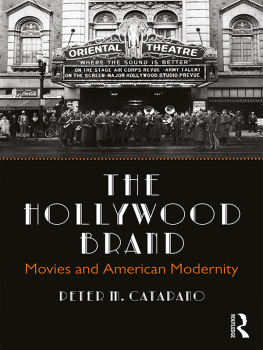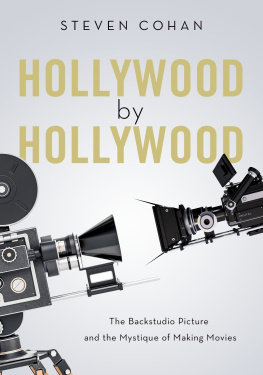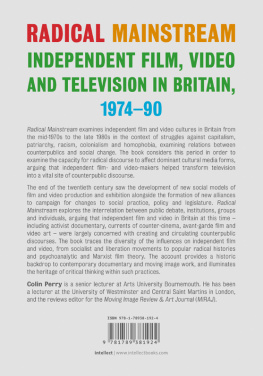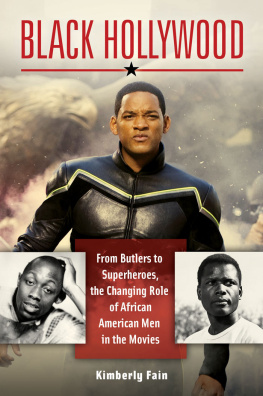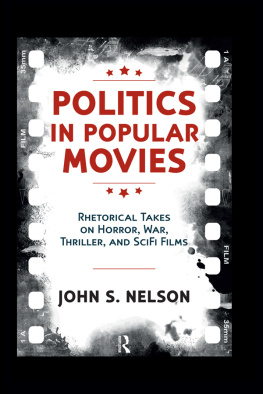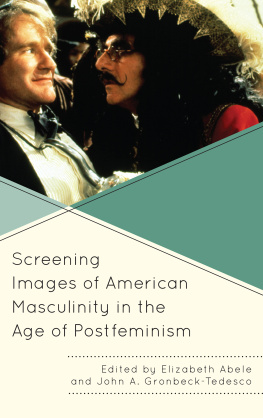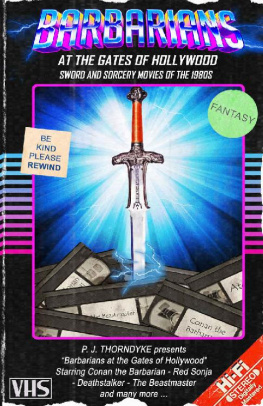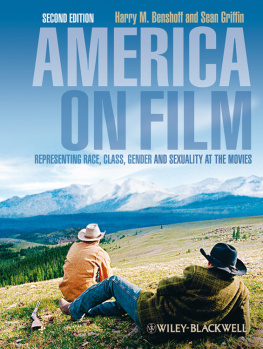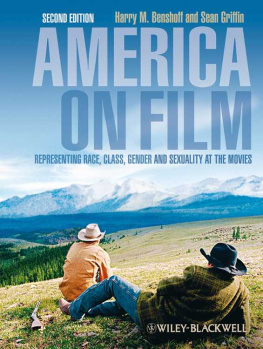CULTURAL STUDIES
Series Editors
Janice Radway, Duke University Richard Johnson, University of Birmingham
Dreaming Identities: Class, Gender, and Generation in 1980s Hollywood Movies Elizabeth G. Traube
Enlightened Racism:The Cosby Show, Audiences, and the Myth of the American Dream Sut Jhally and Justin Lewis
FORTHCOMING
The Madonna Connection: Representational Politics, Subcultural Identities, and Cultural Theory edited by Cathy Schwichtenberg
Reconceptualizing Audiences edited by Jon Cruz and Justin Lewis
Frameworks of Culture and Power: Complexity and Politics in Cultural Studies Richard Johnson
An Introduction to Media Studies edited by Stuart Ewen, Elizabeth Ewen, Serafina Bathrick, and Andrew Mattson
Art and the Committed Eye: Culture, Society, and the Functions of Imagery Richard Leppert
First published 1992 by Westview Press
Published 2018 by Routledge
52 Vanderbilt Avenue, New York, NY 10017
2 Park Square, Milton Park, Abingdon, Oxon OX14 4RN
Routledge is an imprint of the Taylor & Francis Group, an informa business
Copyright 1992 by Taylor & Francis
All rights reserved. No part of this book may be reprinted or reproduced or utilised in any form or by any electronic, mechanical, or other means, now known or hereafter invented, including photocopying and recording, or in any information storage or retrieval system, without permission in writing from the publishers.
Notice:
Product or corporate names may be trademarks or registered trademarks, and are used only for identification and explanation without intent to infringe.
Library of Congress Cataloging-in-Publication Data
Traube, Elizabeth G.
Dreaming identities : class, gender, and generation in 1980s
Hollywood movies Elizabeth G. Traube.
p. cm. (Cultural studies)
Includes bibliographical references and index.
ISBN 0-8133-1313-9-ISBN 0-8133-1314-7 (pbk.)
1. Sex role in motion pictures. 2. Patriarchy (Psychology)
United StatesHistory20th century. 3. Middle classesUnited
StatesAttitudes. 4. Femininity (Psychology)United States
History20th century. 5. Feminism and motion pictures.
6. Motion picture audiences. I. Title. II. Series.
PN1995.9.S47T73 1992
791.4365509048dc20
92-7248
CIP
ISBN 13: 978-0-367-00431-6 (hbk)
T HE ESSAYS COLLECTED in this volume were written over the last seven years. Over the course of that period, what began as a critical response to a particular movie developed into a new research interest in contemporary American mass culture, which I continue to pursue. The interdisciplinary atmosphere promoted at the Wesleyan Center for the Humanities made this reorientation possible. Faculty fellowships at the Center provided time for research, and three of the essays were originally written for and presented at events sponsored by the Center. Moreover, the Center brought to Wesleyan diverse scholars involved in cultural studies, including Carl Freedman, Neil Lazarus, Michael Denning, Gyan Prakash, Nancy Armstrong, Fred Pfeil, Janice Radway, Judith Goldstein, Michael Sprinker, Susan Willis, and Leonard Tennenhouse, and I have benefited greatly from their expertise. For all this and more, I am grateful to Richard Vann and Richard Ohmann, who served as directors of the Center during the 1980s.
The Center also provided a context in which a group of Wesleyan faculty members met to discuss and design a program in cultural studies, in the process generating a spirit of collective endeavor that still endures. I thank all who participated in the study group over the years, especially Hazel Carby, Alex Dupuy, Akos str, Richard Slotkin, Richard Stamelman, and Khachig Tllyan.
To Sally Banes and Nol Carroll, who were also members of the study group, I owe a very special debt. We watched movies together, argued over interpretations, discussed theories, and exchanged manuscripts. As the only person in cinema studies who was closely involved in my work, Nol provided encouragement of special value to me, and I have drawn extensively on his writings in developing my ideas. Sally was in all respects the most generous reader I could ever hope to find, and these essays owe much to her critical insights.
Special thanks are due to three other people. Without Moishe Postone, I would never have undertaken this project, and although he may have seen only one of the movies discussed in these essays, he has enriched my understanding of all of them. Bruce Greenwald encouraged me, as only he can do, through his critical appreciation and his appreciative criticism. To my mind, Karen Bock coauthored the final chapter in this volume; the writing is mine, but my thought developed in the course of our collective reception of popular movies and television shows to the point where I can no longer clearly separate her ideas from my own.
Many other friends have contributed in various ways, by reading manuscripts, discussing movies, and by taking a general interest in my work. In particular, I thank Marilyn Arthur, Vincent Crapanzano, Alice Himelstein, Gail Kligman, David Konstan, Ellen Rooney, and Elisabeth Young-Bruehl.
For editorial advice offered prior to first publication of several of the chapters, I thank Julia LeSage, Tony Pippolo, Michael Fischer, George Marcus, Arjun Appadurai, and Carol Breckenridge.
At the Wesleyan Center for the Humanities, I drew on the professional skills and generosity of Pat Camden and Jackie Rich. I am also grateful to Joanne Palmer and Valborg Proudman for their assistance at various stages in the preparation of this volume.
My editor at Westview, Gordon Massman, has proved as efficient as he was enterprising and enthusiastic. I owe special thanks to Richard Johnson for his detailed and immensely helpful comments on the manuscript.
I have benefited as much from Victoria Traubes intelligent, well-reasoned skepticism as from her industry contacts. While we participate in different stages of the cultural circuit, I think our common involvement in mass entertainment has helped to bring us closer. I thank my mother, Mildred Traube, who puts up with my lectures on the movies and with much more besides. I dedicate this book to my father, Shepard Traube, who once feared that I would become an actress, was delighted when I went into anthropology, and surely never expected me to become a critic of the movies. He would probably have said of these essays that I take Hollywoods products more seriously than he did, but I know that he would have been proud.
Elizabeth G. Traube


